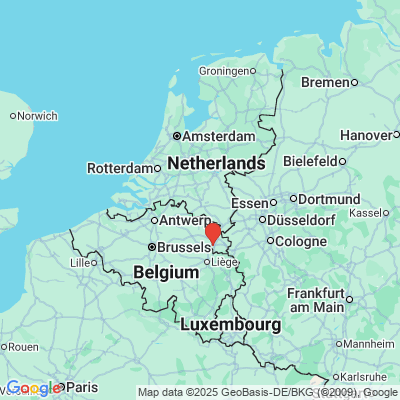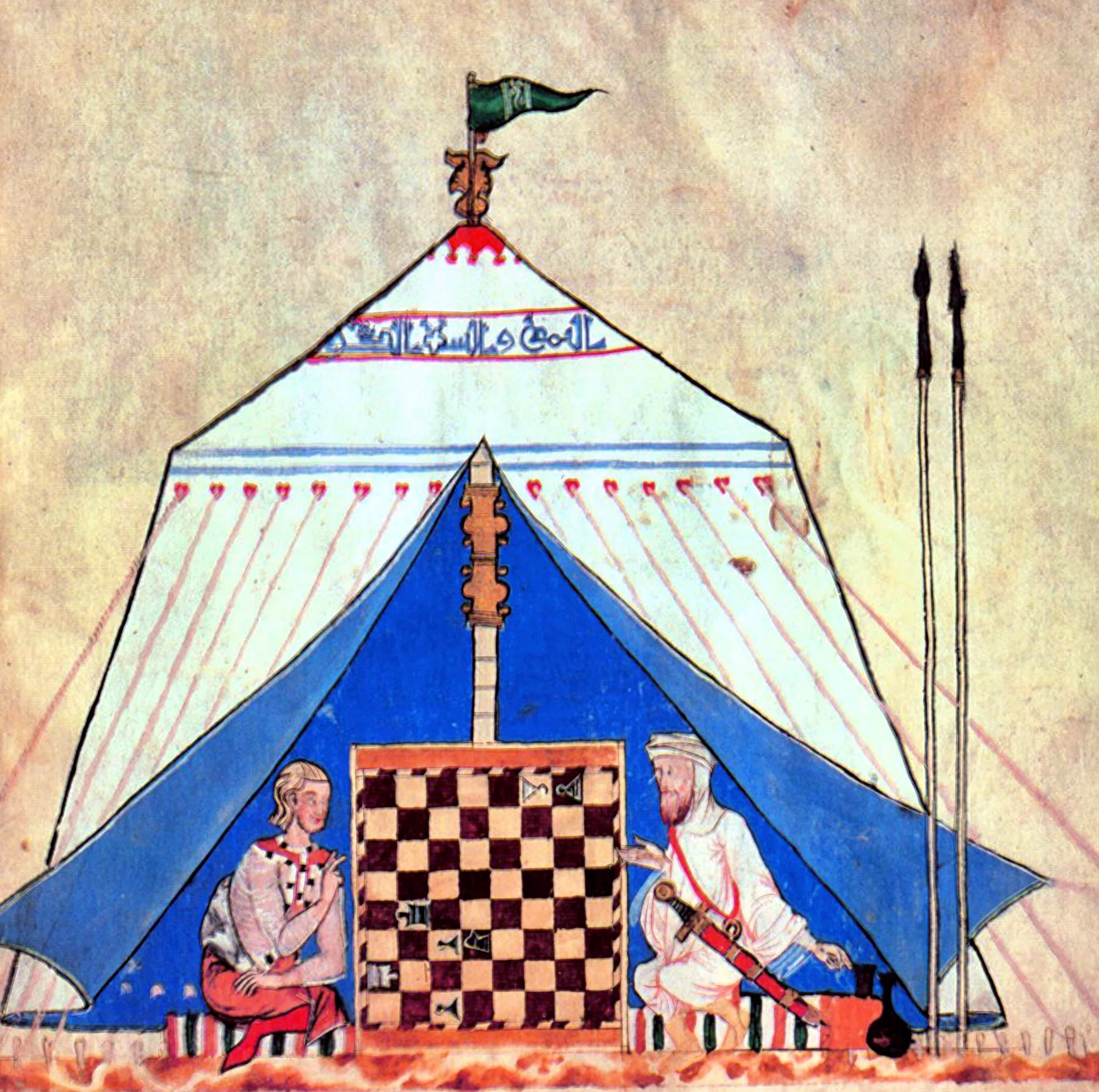In a world that feels increasingly chaotic—where political lines blur, identities shift, and truths are constantly contested—some people long for something solid. Certainty. Order. A firm hand. That longing isn’t new, but our understanding of it has evolved. Two major works, written over 50 years apart, help us understand why this desire for order can turn dangerous—and why it’s often rooted not in ideology, but in anxiety.
The first is The Authoritarian Personality (1950), a pioneering work by Theodor W. Adorno and a team of social scientists. It explored how certain personality traits—rigid thinking, submission to authority, hostility to outsiders—predispose people to fascist or authoritarian ideologies. Crucially, it linked these traits to early family environments: strict parenting, emotional repression, and punishment-based discipline. One example of how these traits were measured is the "F-scale" (F for fascism) questionnaire, which included statements such as "Obedience and respect for authority are the most important virtues children should learn"—respondents who agreed with such items were more likely to score high in authoritarian tendencies. In short, authoritarianism, they argued, is often born at home.
The second is Liquid Modernity (2000), a concept developed by sociologist Zygmunt Bauman. Unlike the structured world of the mid-20th century, Bauman described today’s society as fluid and unstable. In this “liquid” modernity, nothing—jobs, identities, relationships, institutions—feels permanent. Individuals must constantly adapt, reinvent themselves, and navigate life without reliable anchors. It’s liberating for some, disorienting for many.
So what happens when a personality shaped by a craving for structure confronts a world that refuses to offer it?
The Authoritarian Longing for Solidity
In The Authoritarian Personality, Adorno and his colleagues weren’t just asking why people supported fascism—they were trying to identify the psychological roots of intolerance. They developed what became known as the F-scale, a questionnaire designed to detect authoritarian tendencies.
Their findings revealed a pattern: individuals who feared uncertainty and complexity often clung to rigid ideologies and strong authority figures. They needed clearly defined roles, moral absolutes, and a sense of superiority over perceived outsiders. And they had often grown up in homes where obedience was valued more than understanding, where questioning was punished, and where love was conditional.
This early emotional environment fostered a deep insecurity—one that later attached itself to authoritarian movements as a way of regaining control and coherence.
Life in Liquid Modernity
Bauman’s Liquid Modernity describes a world where those traditional sources of coherence—nation, class, religion, family, work—no longer provide stability. Change is constant. Identities are fluid. Relationships are short-lived. We are, Bauman argues, “individuals in a state of permanent reinvention,” always adapting, always uncertain.
In contrast, the "solid modernity" of the early 20th century was defined by stable careers, lifelong marriages, clear social roles, and a sense of predictable life progression. People knew their place, followed established paths, and leaned on institutions for identity and meaning.
This isn’t just a cultural shift—it’s a psychological one. The modern individual is told they are free, but that freedom comes with overwhelming responsibility. There are fewer rules, but also fewer guarantees. The old scaffolding is gone, and many people are left to float—or sink—on their own.
For those already predisposed to fear ambiguity, this can be terrifying.
When Two Worlds Collide
What happens when people who were raised to seek stability and obey authority are thrown into a liquid world of endless change?
They react. Sometimes quietly—through withdrawal, anxiety, or cynicism. Sometimes more visibly—by clinging to strongman leaders, rigid ideologies, conspiracy theories, or identity-based movements that promise clarity and protection. The authoritarian reflex doesn’t disappear in liquid modernity; it intensifies. It adapts.
Today’s authoritarianism doesn’t always wear a uniform or fly a flag. It may spread through digital echo chambers, filter bubbles, or emotionally charged ideologies that offer simple answers to complex problems. But the underlying psychology—fear of uncertainty, intolerance of ambiguity, and a need for control—remains the same.
In a liquid world, authoritarianism is not a relic of the past. It is a symptom of modern instability.
Rethinking Responsibility
The combined insights of Adorno and Bauman reveal something vital: authoritarianism is not just about ideology or education. It is also about how people are raised—and what the world demands of them.
Authoritarian personalities may develop in rigid, fearful households. But when these early patterns of emotional insecurity meet a broader culture of instability—where roles, identities, and institutions are constantly shifting—the effects can compound. The longing for certainty planted in childhood is only magnified in adulthood by a world that offers few reliable structures. In this way, the intersection of early family dynamics and societal fluidity creates a potent breeding ground for authoritarian reflexes. In this sense, both too much structure and too little can breed the same reaction: the desire for someone—or something—to take control.
If we want to foster democratic, open societies, we must begin not with politics, but with people. That means:
Parenting that balances guidance with autonomy
Education that embraces complexity and ambiguity
Institutions that provide security without rigidity
Public discourse that values doubt, curiosity, and empathy
Final Thought: Two Theories, One Warning
Adorno showed us how authoritarian personalities are shaped. Bauman showed us the kind of world in which they may thrive. Together, they offer a chilling but powerful insight: authoritarianism grows not just from strength, but from fear—especially the fear of navigating life without clear direction.
Our task, then, is not to reimpose old certainties or to abandon all structure, but to help people—especially the young—learn how to live in a world that doesn’t come with instructions.
If we can build resilience in the face of uncertainty, we may yet resist the call of those who promise false order in exchange for our freedom.
Further Reading:
Theodor W. Adorno et al. – The Authoritarian Personality
Zygmunt Bauman – Liquid Modernity
Karen Stenner – The Authoritarian Dynamic
Erich Fromm – Escape from Freedom
Jason Stanley – How Fascism Works





















